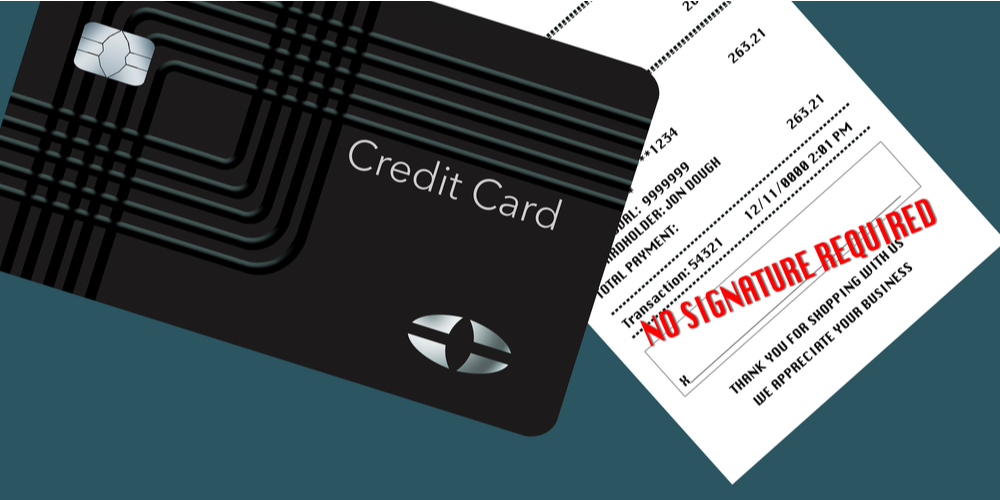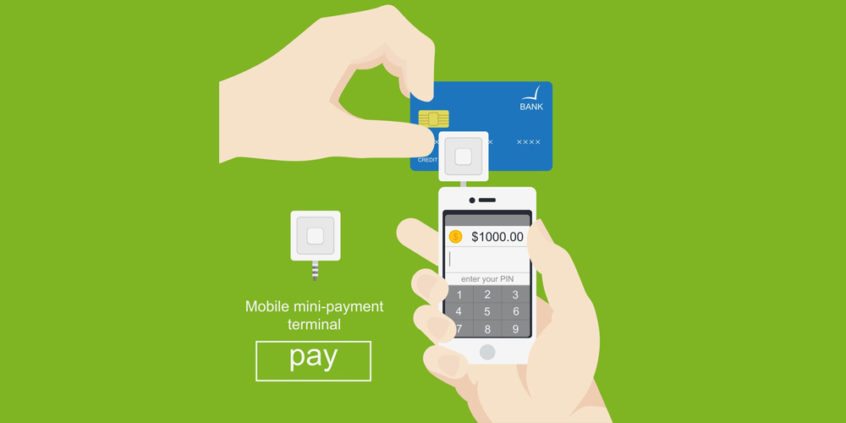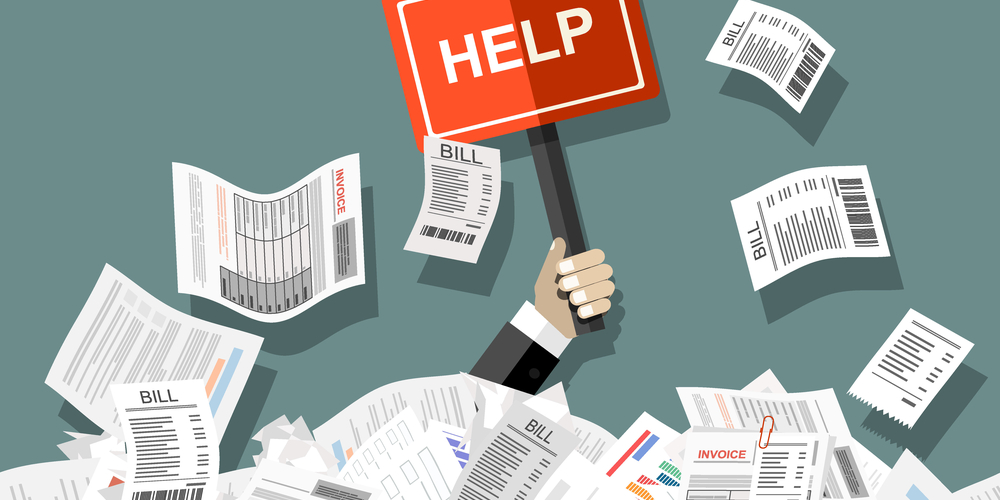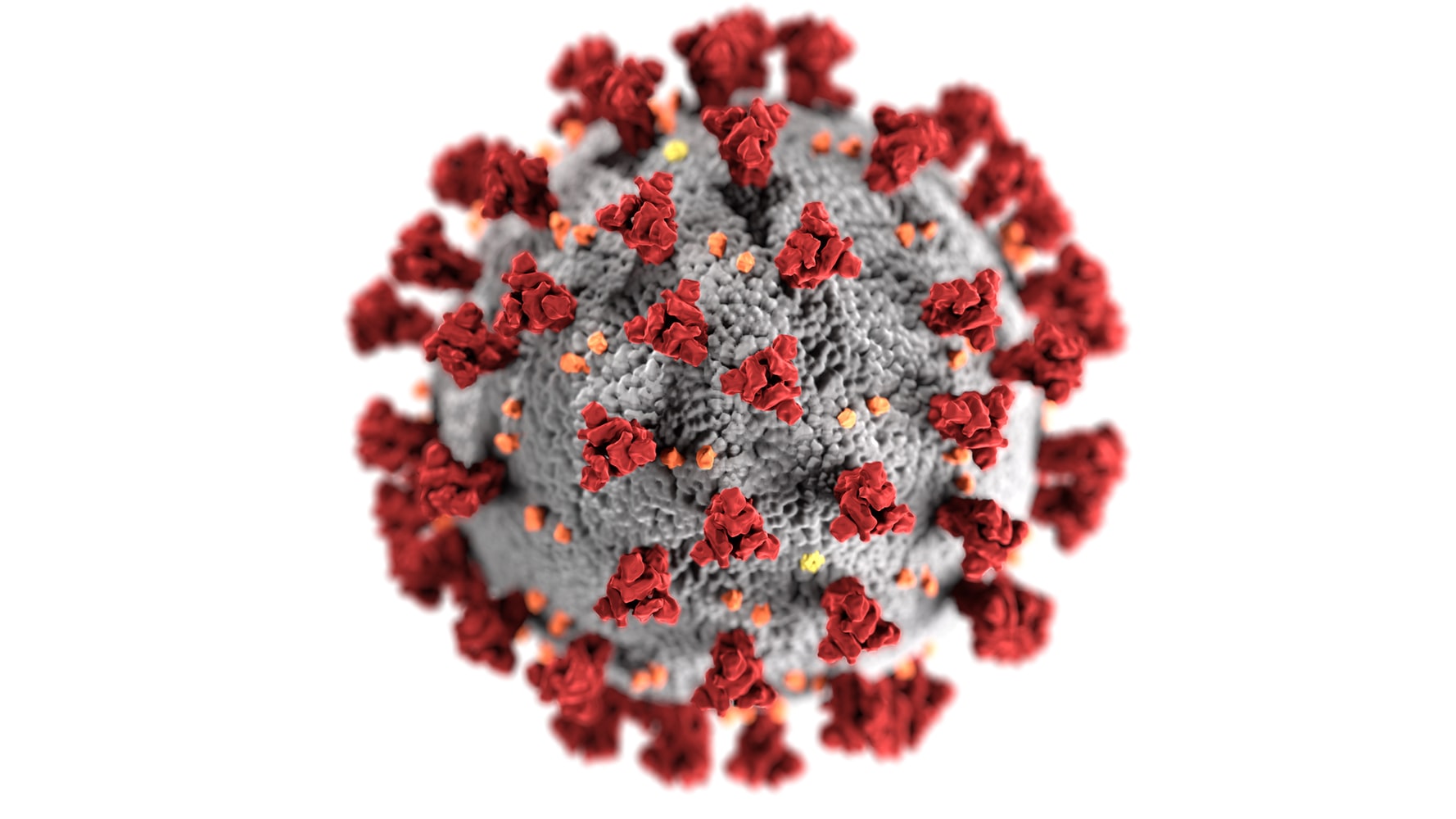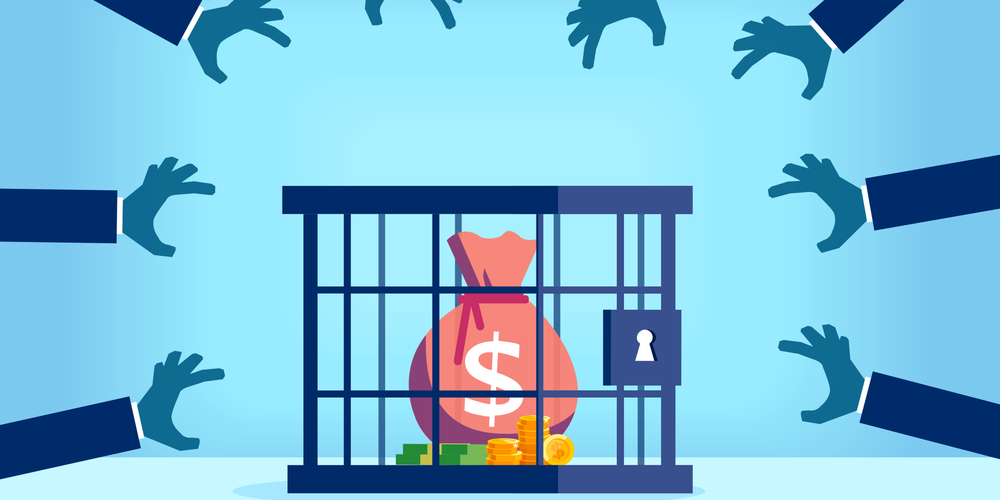
Many Credit Card Processors Are Holding Money as Reserves!
But Not Electronic Money Company! We reprinted Square’s explanation of reserves right from their website. Electronic Money Company is NOT holding any of our company’s deposits in reserve! Read below: Square reserves the exclusive right to hold your money in reserve! How you won’t know if Square is going to hold your money in reserve until two weeks after you sign up with them and


